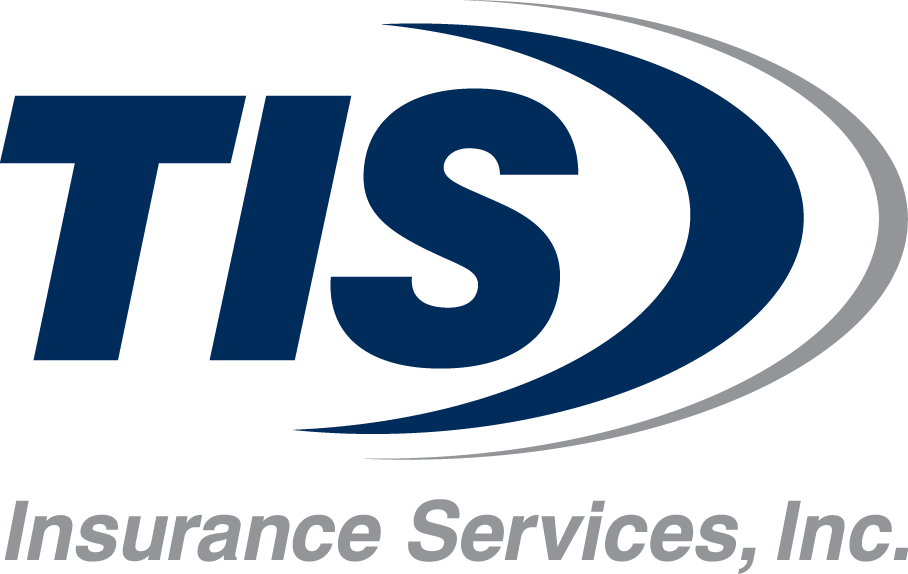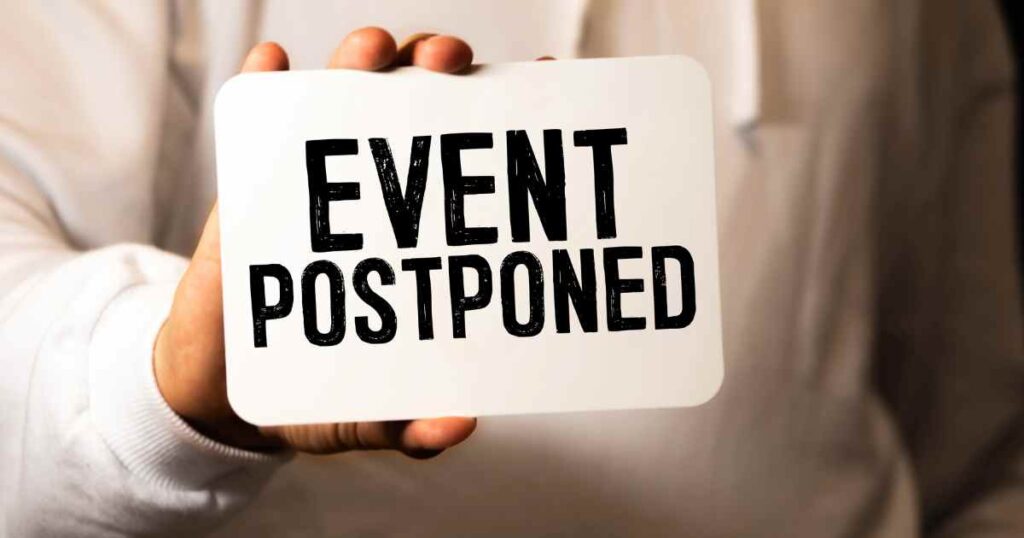Planning an event involves a lot of time, effort, and money. Even if you’ve poured your heart and soul into making it a success, one crucial aspect often gets overlooked amidst the whirlwind of budgeting, venue selection, and vendor coordination: event insurance.
While event insurance might seem like an unnecessary expense at first glance, skimping on this crucial aspect can leave you financially vulnerable in the face of unforeseen circumstances.
The Cost of Not Having Event Insurance
1. Weather-Related Cancellations
Imagine planning an outdoor wedding at a picturesque location, only for a storm to make the venue unusable on the big day. You could be stuck with non-refundable deposits and venue fees without event insurance. However, with proper coverage, you can recover those costs and reschedule the event without a massive financial hit.
Scenario: A couple planning a beach wedding during hurricane season could face significant losses if a storm forces them to cancel.

2. Vendor No-Shows or Failures
Event vendors play a critical role in ensuring everything goes smoothly, from catering and decorations to photography and entertainment. If a key vendor fails to show up or deliver as promised, the entire event can be chaotic. Event insurance can cover additional costs incurred from last-minute replacements, minimizing disruption and disappointment.
Scenario
Your DJ cancels an hour before a corporate event. Event insurance can step in to cover the cost of hiring a last-minute replacement.
3. Accidents and Injuries
Large gatherings increase the risk of accidents; liability issues can arise if someone gets injured during the event. Event insurance can provide liability coverage to protect you from legal and medical expenses.
Scenario
A guest trips on a loose cable at a community festival and sustains an injury. Your insurance can cover their medical costs and any potential legal claims.
4. Property Damage
Events often involve rented venues and equipment, which means there’s a risk of property damage. It could be a drink spilled on expensive sound equipment or damage to a historic venue; event insurance can help cover the repair or replacement costs.
Scenario
A wedding reception guest held at a rented mansion might accidentally damage the furniture. Event insurance can pay for the repair or replacement.
5. Unexpected Illness or Emergencies
Illness or emergencies that cause key participants to miss an event can happen anytime. Event insurance can cover cancellation fees and additional expenses to reschedule or accommodate these unexpected changes.
Scenario
A keynote speaker at a corporate conference falls ill just days before the event. Event insurance can help cover the costs of finding a suitable replacement or rescheduling the conference.
6. Equipment Malfunctions
Modern events rely heavily on technology like audiovisual equipment, lighting, and sound systems. Equipment malfunctions can disrupt or even ruin the event. Event insurance can help cover the costs of repairing or replacing malfunctioning equipment.
Scenario
A projector fails during a product launch presentation. Event insurance covers renting a new one at the last minute.

Event insurance provides a safety net that can prevent financial losses and help ensure your event succeeds, even when the unexpected occurs. By securing event insurance, you’re safeguarding your hard work and financial investment, allowing you to focus on what truly matters… creating a memorable event for your guests.
Contact TIS Insurance Services today for a free consultation and a personalized event insurance quote. Our experienced insurance team will work closely with you to understand your specific event details and recommend the most suitable insurance policy.





